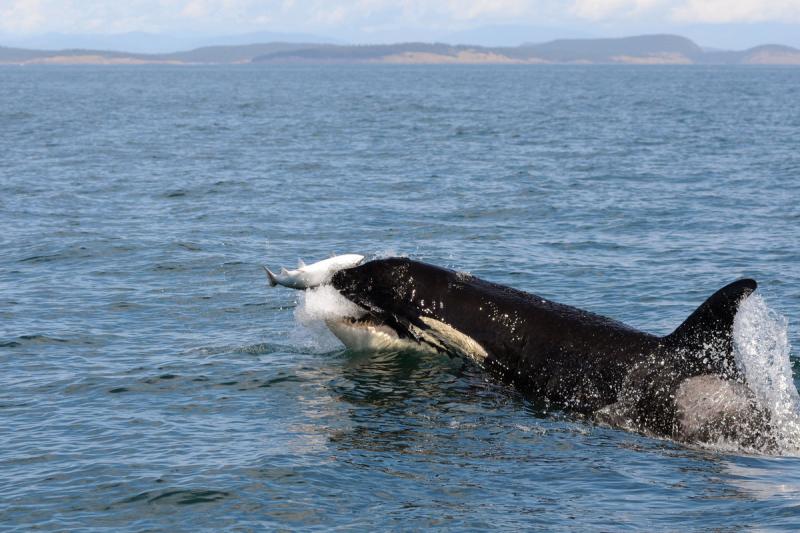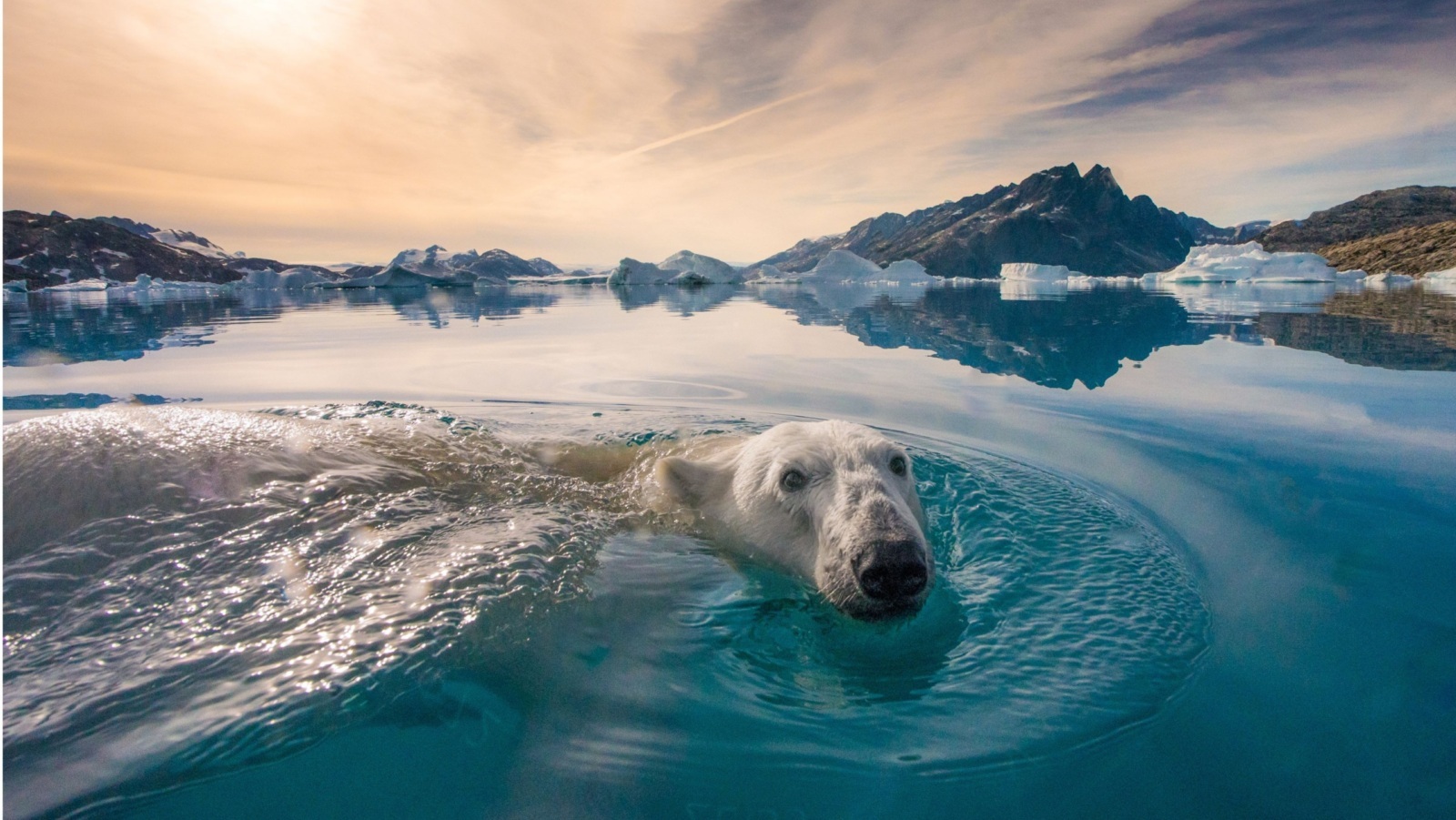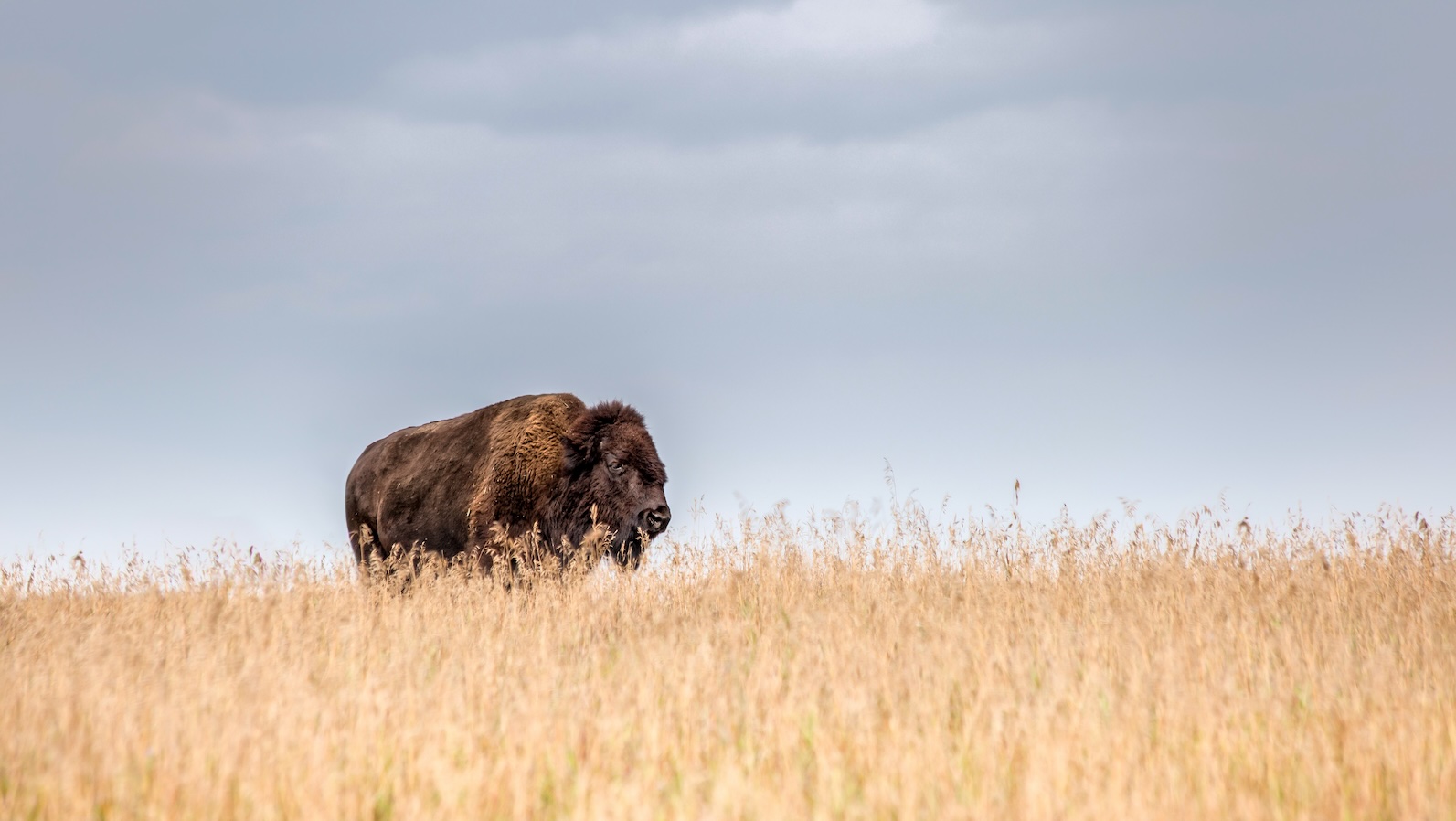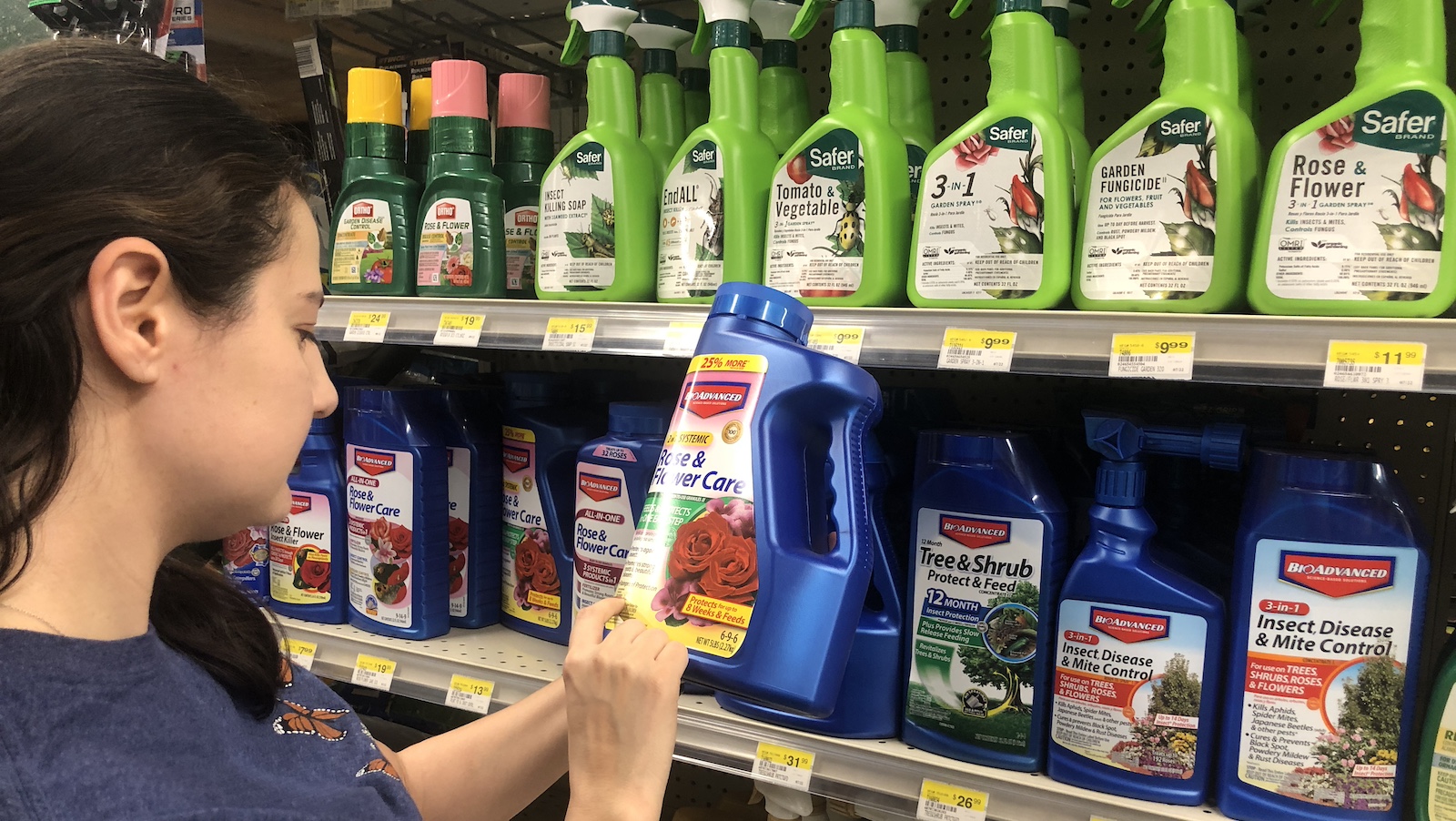
Our comments in support of breaching the Lower Snake River dams
A recent draft report by Sen. Murray and Gov. Inslee shows that the services the four Lower Snake River dams provide can be replaced -- which means that, with urgent action this year, we can prevent salmon extinction. Here are the public comments we submitted in response to their report.

Southern Resident orcas are starving because their primary food source — Chinook salmon — is being driven to extinction, in part by four federal dams on the lower Snake River.
A recent draft report by Sen. Murray and Gov. Inslee shows that the services the four Lower Snake River dams provide can be replaced — which means that, with urgent action this year, we can prevent salmon extinction. Here are the public comments we submitted in response to their report, in support of breaching these dams:
Dear Sen. Murray and Gov. Inslee,
Please accept these comments on behalf of Environment Washington, Environment Oregon, and Environment America. The three organizations are citizen-based groups that advocate for clean air, clean water, and protecting special places. Our organizations have worked to protect threatened species for decades and turned a particular focus to restoring the endangered Southern Resident orcas in 2018, when one of these orcas, Tahlequah, held a 17 day, 1000 mile journey of grief after the death of her infant calf and brought this critical issue to national attention.
As you know, the Southern Resident orcas are critically endangered. Of the multiple challenges that the Southern Resident’s face, a lack of the orcas’ favorite food source, Chinook salmon, is the primary threat to the recovery of the Southern Residents. Chinook salmon make up 80% of the Southern Resident’s diet. The Columbia River Basin has historically had some of the most prolific Chinook salmon runs throughout the orcas range, and these coastal feeding grounds continue to be a critical foraging area for the Southern Resident orcas, particularly in the winter and spring months. Salmon from the Snake River Basin used to make up about 50% of the Chinook salmon and steelhead in the entire Columbia River Basin, yet Snake River salmon runs have declined 90% since the construction of these dams. This decline has meant that these treasured Southern Resident orcas are starving.
Orca’s brains have a highly developed insular cortex, the section of the brain involved in emotional processing, self-awareness, and empathy, so it is not hard to imagine how powerfully orca’s feel the the challenges of going hungry on a day-to-day basis, and not being able to feed their own families, let alone losing a newly born infant. The threats that the orcas are facing are tragic and within our abilities to address.
Thank you for your commitment to developing a plan to protect and restore endangered Snake River salmon populations. It’s clear that we need to take decisive action to stop salmon extinction for the sake of the Southern Resident orcas and the many other parts of the Northwest’s ecosystem that depend on these fish. Your report confirms that dam removal offers the very best chance of recovery for the endangered fish runs along this river system and everything that depends on them, including the Southern Resident orcas.
We recognize that replacing the services these dams provide comes with a price tag. But on the other side of the leger, there are the costs of not breaching the dams, including the incalculable cost of extinction of irreplaceable wildlife that are central to the Northwest’s identity and ecosystems. Your final report should include a clear reflection of the costs of inaction.
We can stop extinction and lead the largest salmon restoration in history, but only if you move swiftly and boldly. Please finalize and deliver your plan in time for Congress to pass any necessary legislation and the appropriations needed to implement it.
We urge you to act quickly, and to utilize the best available science from your report, which confirms lower Snake River dam removal as our best chance to avoid salmon extinction, and in turn, the extinction of the Southern Resident orcas.
Sincerely,
Pam Clough
Advocate, Environment Washington
Celeste Meiffren-Swango
State Director, Environment Oregon
Steve Blackledge
Conservation Director, Environment America
Topics
Authors
Pam Clough
Advocate, Environment Washington
As an advocate with Environment Washington, Pam develops and runs campaigns to protect Washington's air, water, and special places. She has worked on issues ranging from clean energy climate solutions, preventing plastic pollution, defending clean water, and protecting our special natural spaces. Pam lives in Steilacoom, Washington, where she enjoys kayaking on the Puget Sound, gardening and hiking in the surrounding mountains.
Find Out More

Bank of America said it would stop financing drilling in the Arctic Refuge. Now it’s backtracking.

Storytellers take a stand to protect wildlife

Recovering America’s Wildlife Act: a needed tool to protect wildlife

